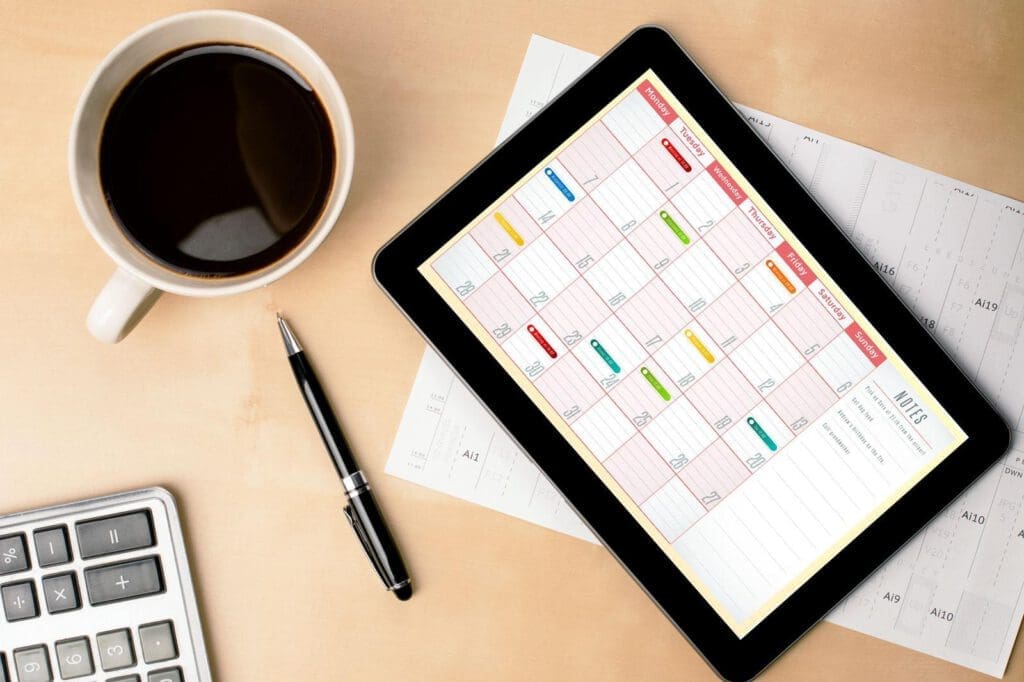KPIs, or Key Performance Indicators, are the clearly outlined measures that are vital when it comes to tracking the path of progress towards the defined goals of a project. Whether the project is a digital marketing campaign, an office relocation, a major event or an infrastructure project KPIs are an essential tool in helping project managers to understand how the members of their team, or the team as a whole, are doing. By measuring KPIs for a project you can more easily see progress towards goals and objectives.
Obviously, KPI’s will vary between companies, projects and departments and it all depends on the performance measures needed.
Effective KPI’s
In order to be effective a KPI must be aligned to the objectives and goals of a project, and while industry defined KPI’s can provide a useful starting point, they are not going to be sufficient to reflect the most relevant information for any individual project in order to add value and move it forward.
Choose your KPI’s
Accessing the long- and short-term objectives and any plans related to attaining them should be the first step before working out the KPI’s for each project. Communication is the key across all levels, and a good project manager will ensure that everyone is looking at a situation in the same light.
The S-M-A-R-T Rule of KPI
If you don’t record your KPIs, then you will not be able to measure them The SMART rule can assist you with how you want to achieve this.
Specific – use a clear definition of each KPI to ensure everyone has the same understanding of what is being measured.
Measurable – In order to define a standard – time, cost etc. the KPI needs to be measureable, this allows for the accurate recording of the actual value vs targeted values.
Achievable – Your goals for your KPIs need to be achievable, as nothing breaks team morale more than goals they struggle to obtain.
Relevant – KPIs need to inform performance within the project to assist with achieving the ultimate aim, if they don’t do this, then they aren’t important.
Timely – State the value of your KPI’s in time, they only have a purpose if you have an appropriate timeframe.
Targets and Scorecards
KPI’s with targets give you a good way of measuring any success against the KPI itself. This will allow you to look for trends and act based on performance. Scorecards colour code things based on performance measured against a target, this shows you how you are doing.
It doesn’t matter how good your project management skills are, KPI’s are a great way to help you in the making of those crucial decisions. They give you information that is accurate and timely in all aspects of your project, and this, in turn, allows you to plan very effectively.
You can use them to set expectations and improve your communications. Essentially, they will pinpoint which activities you should be concentrating your efforts on.

